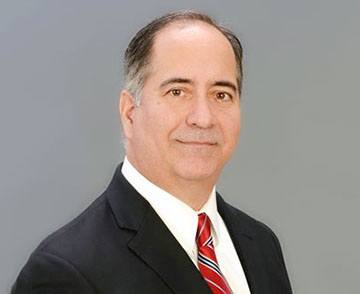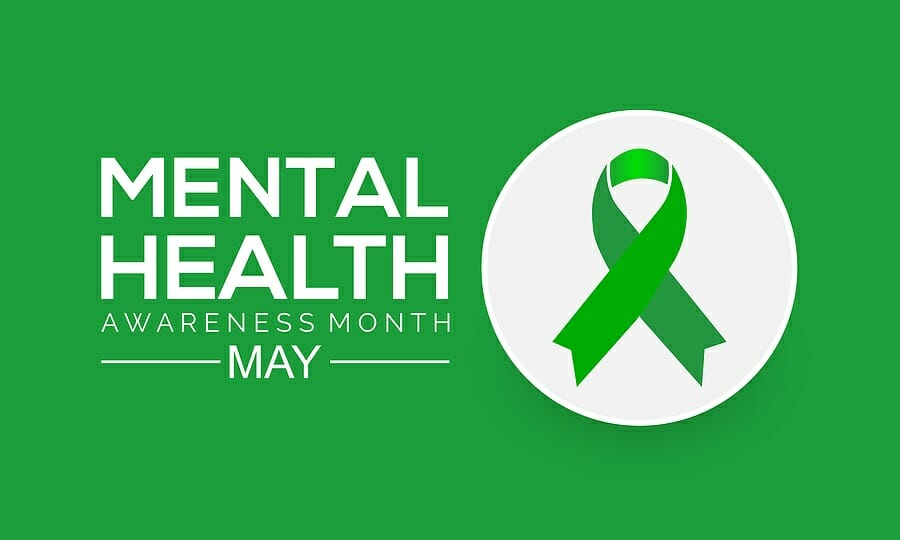
“I just want to make a difference.”
County Commissioner Andy Solis is working hard to make our community’s mental health system more effective and efficient.
On the one hand, Andy Solis knows how good things are in Collier County. After losing everything to a Communist dictatorship in Cuba, his parents fled to Florida to start over. Young Andy worked hard to get ahead, attending the University of Alabama on a tennis scholarship, earning a law degree from Florida State University, enjoying a prestigious career as an attorney, and now, serving as commissioner in the state’s wealthiest county.
Solis is grateful to work in a community rich with amenities and services. But he’s also a little frustrated by the lack of coordination between those services, especially when it comes to mental health. That’s why Solis is working hard to come up with a strategic plan to help these service providers — everyone from David Lawrence Centers to hospitals and doctors, from the schools to the courts to the sheriff’s department — coordinate better with one another, in order to make the machine run more smoothly.
“I just want to make a difference in how we address mental health in Collier County,” he says. “I want to understand how the system works, or doesn’t work, in our county. We have strategic plans for everything from roads and sewers to the landscaping of the medians. But we don’t have a strategic plan for how the community addresses mental health services.”
Solis has organized regular workshops with key stakeholders, including DLC, to try to come up with a strategic plan, in order to decrease the “bottlenecks” in the system. “There’s no one organization coordinating all these moving pieces,” he says. “We want to make sure we’re doing things as efficiently as we can with our limited resources.”
For his efforts, Solis was honored as a “Mental Health Champion” at DLC’s Recovery Month Awards Ceremony on November 2. DLC recognized Solis, among others, at the annual event, held to increase awareness and understanding of behavioral health conditions and to support those in recovery.
“It’s an honor to be recognized,” says Solis, whose father, a former professor at the University of Florida, sometimes battled depression. “I think most families are touched by mental illness in some way. One in four people will have some mental health issue in their life. So yes, we need good systems in place. Right now, the largest mental health facility we have in Collier County is the jail. That’s not a good way of dealing with mental health issues.”
Solis joins many in believing that when mental health services are in place and working well together, most people facing challenges — whether mental illness, addictions, or both — could avoid jail time if they get the help they need early on. In the long run, prevention and early intervention are not only much cheaper than incarceration, but better for the person in need, and for the community.
“Intervention and diverting people to the help they need, that’s the goal,” says Solis. “They shouldn’t wind up in jail because of mental health issues. They’re not criminals, and they’re not going to get the help they need in jail. They’re not going to become productive members of the community by going in and out of jail.”
Solis says DLC is “doing some great things. They provide an essential service to the community, especially with crisis intervention. They’re right on the cutting edge. It’s essential to support them as a community, because they are our community’s mental health facility.”
Sep 05, 2017 | Blog, News



